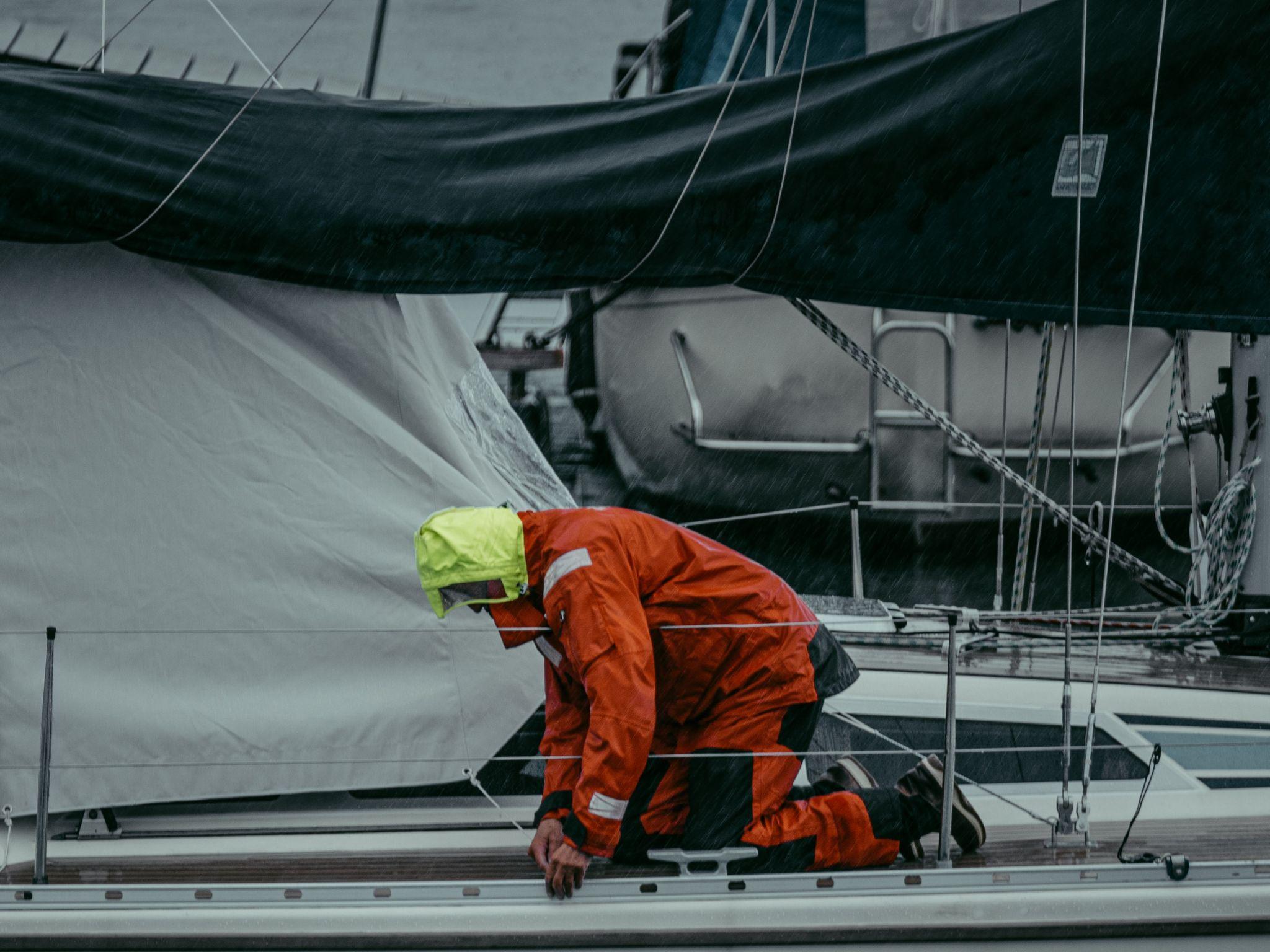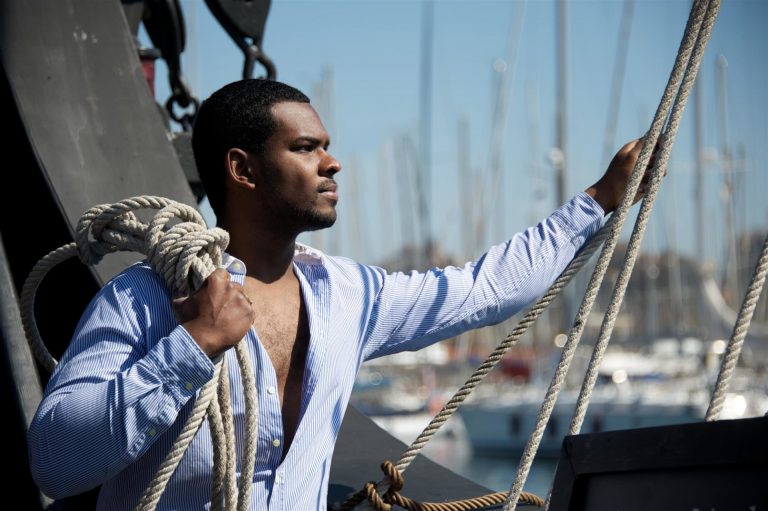If you sustain a head injury at sea, there are steps you should take to seek treatment, report the incident, and protect your rights to medical care and financial support while you recover. Maritime law offers protections for workers injured at sea. How you respond in the hours, days, and weeks after a maritime accident is important to protecting those rights.
Steps to Take if Your Head Is Injured at Sea
Following these steps if you sustain a maritime injury will help you protect your health and your right to compensation and deal with unexpected emergencies at sea:
1.Report the injury immediately if you are conscious. Even if you do not think it is serious, any blow to the head can become a medical emergency at sea.
2.Seek medical attention. If you are bleeding heavily, dizzy, or disoriented, remain still until you can be safely moved by medical personnel. Medivac services and emergency care costs should be paid by your employer, so accept these services if they are recommended.
3.File an incident report with your employer to document the accident, but do not give a recorded statement to their insurance company or accept fault for the accident until you can speak to a maritime accident lawyer.
4.Choose your own doctor and follow their instructions. Once you are stable and able to do so, request or choose your own doctor and comply with their orders and recommendations for your treatment. You are not required to use a company doctor or accept their evaluation of the extent of your injuries.
5.Keep good records of the facts that led to your injury, any witnesses or evidence of possible negligence by the ship owner or your crewmates, and all expenses related to your accident.
6.Consult with a maritime attorney to make sure you fully understand your rights and the legal options available to maritime workers, including filing a lawsuit if needed.
How Common Are Injuries at Sea?
Trauma is the most common cause of serious medical emergencies at sea.1,2 While accidents with equipment or falling cause many neck, back, and head injuries at sea, illnesses that develop while working on a vessel may also be covered under maritime law. Other medical conditions can be eligible for compensation, especially if unsafe conditions or exposure to hazardous substances may have contributed to your illness.
How Does Maritime Law Protect You After Being Injured at Sea?
Maritime or admiralty law is the unique system that governs disputes occuring on vessels in navigable waters or in service to a vessel. Because ships and their owners may travel to ports in different states and countries, maritime law has developed not only to govern disputes, damages, and rules of commerce, but to protect the rights of workers injured at sea.

The legal definition of a vessel includes:
- Boats
- Barges
- Ferries
- Fishing vessels
- Offshore platforms
- Oil rigs
- Floating casinos
There are both ancient maritime laws, such as the duty of shipowners to provide “maintenance and cure” to injured seamen, and more modern laws that deal with negligence and unseaworthy vessels and protect dock and harbor workers. One or more of these maritime laws might be important to your recovery if you sustain a serious head injury at sea.
Maintenance and Cure
This is a no-fault benefit that includes coverage for living and medical expenses for workers injured at sea. The shipowner is required to pay maintenance and cure until the injured person can return to work or has reached maximum medical improvement.
The Jones Act
When negligence is a factor, the Jones Act allows injured maritime workers to file a lawsuit and even have a jury trial to receive more compensation than maintenance and cure provides. Under the Jones Act, shipowners have a duty to maintain their vessel and provide a reasonably safe work environment. Even in cases where you were partly to blame for your injury, you can receive compensation under comparative fault guidelines.
Examples of conditions that might make the shipowner liable for damages include:
- Missing safety equipment or barriers
- Poorly maintained equipment or machinery
- Failing to properly train crew members
- Not enforcing safe work practices and procedures
- Unsafe conditions like oil or grease on the deck
- Not enough crew to avoid fatigue and overwork
- Unseaworthiness of the vessel for any number of reasons
The Longshore and Harbor Workers’ Compensation Act
Maritime workers who load and unload ships or work in ship building are offered protection for work related illness and injury under the Longshore and Harbor Workers’ Compensation Act. The LHWCA ensures that these workers do not go without workers’ compensation type benefits and may provide disability payments and coverage of medical expenses if you are injured on the dock or in the harbor.
If I Was Injured at Sea, Where Do I File a Claim?
Once you have received emergency medical care for your head injury or another accident at sea, it makes sense to contact an experienced maritime lawyer to make sure you receive the financial support you need to fully recover or to manage a disabling illness or injury. There is no obligation. You can call 800-836-5830 now and speak directly to a maritime attorney for a free and confidential consultation.

At Schechter, Shaffer & Harris—Maintenance and Cure—we have advocated for maritime workers for more than nine decades and recovered hundreds of millions of dollars for injured seamen and their families. If you work on or near the water and your head is spinning after an accident, reach out to us right away for a clear understanding of all your legal options.
Sources:







